You ever feel like your money is disappearing faster than your Wi-Fi signal during a Zoom call? Yeah, you’re not imagining it—especially if you’re living on a fixed income. While banks love to market themselves with cozy commercials and smiling tellers, the fine print tells a different story. New rules, sneaky fees, and policy changes are making it harder than ever to stretch your retirement dollars without getting nickel-and-dimed along the way.
Whether it’s delayed deposits, disappearing perks, or ATM fees that feel like a personal attack, these shifts are hitting fixed-income households the hardest. And let’s be real—most of them are designed to slip past unnoticed until it’s too noticeable. So if your budget feels tighter but your bank’s doing better than ever, you’re not crazy. Here are 13 new banking rules and trends that are quietly draining fixed-income folks—and what to watch out for before your next account statement leaves you shook.
1. Lower Interest on Savings Accounts

Remember when a basic savings account actually earned something? Now it’s more like a glorified money storage unit. While interest rates on credit cards have been climbing like they’re chasing clout, savings account yields for regular folks—especially at traditional banks—remain laughably low. This means fixed-income retirees trying to live off interest are getting barely enough return to cover a cup of gas station coffee.
According to Investopia, big banks are intentionally dragging their feet when it comes to raising interest on deposits, even while the Fed raises rates. Why? Because they can. They know most people won’t move their money to online banks or shop around for better yields. But for fixed-income households, every fraction of a percent matters. And when your nest egg’s supposed to be working for you, it stings to watch it take an unpaid nap. If your bank’s still giving you 0.01%, it’s time for a breakup.
2. Stricter Overdraft and Fee Structures
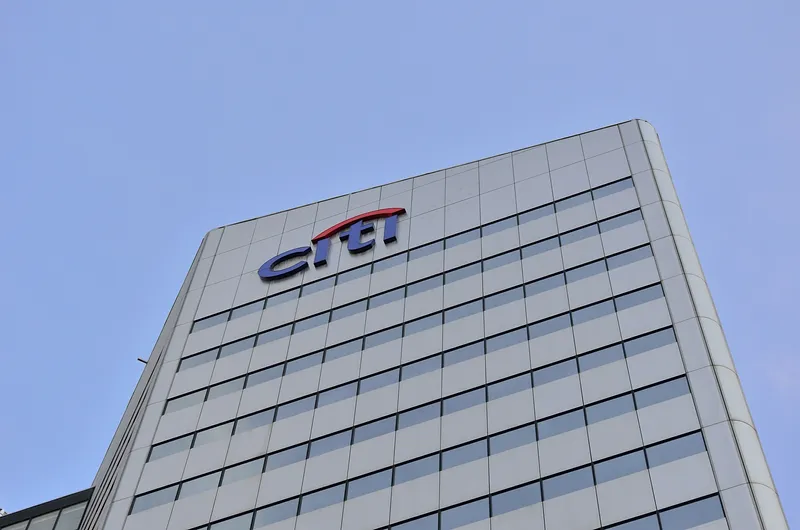
Spoiler alert: overdraft “protection” is not a kindness—it’s a revenue stream. And recently, banks have gotten even sneakier about how and when they apply fees. They’ve shifted transaction orders (hello, high-to-low processing) and shortened grace periods, all to maximize the chance they can ding your account. For fixed-income households that run tight margins, that $35 overdraft hit can spiral into a full-on financial migraine.
Harvard Business Review points out that while some banks are reducing overdraft fees under pressure, they’re also quietly rolling out new ones elsewhere—like “low balance alerts” or maintenance charges that weren’t a thing before. Translation? The game has changed, but the house still wins. If you’re relying on predictable monthly deposits, a single misstep in timing could cost you big. It’s not about irresponsibility—it’s about systemic nickel-and-diming that adds up fast. The system punishes people for not having money, which feels a bit… dystopian. And unfairly, it hits those on fixed incomes the hardest.
3. New Reporting Thresholds for Digital Transfers

Using Venmo to split groceries with your grandkid or PayPal to sell a few vintage teacups? That might trigger an unexpected tax paper trail. The IRS recently lowered the threshold for reporting digital transactions to just $600 annually—down from the previous $20,000. That means more people, including retirees who casually sell crafts or do light side gigs, will be seeing Form 1099-Ks roll in like unwanted subscription emails.
Baker Institute explained that while there’s been some delay in enforcement, the policy’s still causing confusion and anxiety. Many people on fixed incomes now worry about reporting income they didn’t consider “taxable” before. This isn’t about big business—it’s about small side hustles, selling collectibles, or helping the family. The extra paperwork and potential taxes can feel overwhelming, especially for folks not used to itemizing or tracking every online payment. And let’s be honest, explaining a $700 Facebook Marketplace couch sale to the IRS isn’t exactly fun. For seniors who rely on little extras to supplement fixed incomes, this change is creating stress and uncertainty.
4. Higher Minimum Balance Requirements
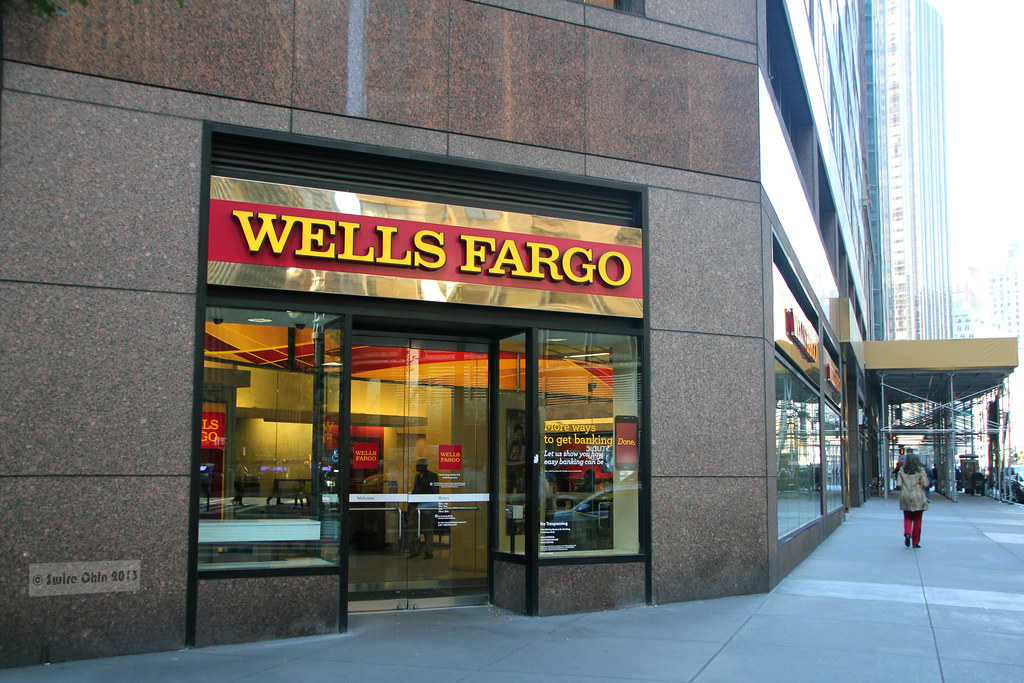
Back in the day, opening a checking account didn’t feel like trying to qualify for a mortgage. But today, more banks are raising the minimum balance requirements just to avoid monthly fees. If you fall below—even for a day—you could get slapped with a charge that eats into your fixed income faster than you can say “automatic bill pay.”
Experian points out that many banks are setting new thresholds for “preferred” accounts, and those thresholds are getting harder for the average household to meet. Some require $1,500+ just to dodge a $12 monthly fee. That’s fine if you’ve got a steady cash cushion—but for retirees budgeting to the dollar, it’s a trap. One unexpected expense or delay in a pension deposit and suddenly your “free” account isn’t so free. It’s the financial equivalent of punishing someone for not having money by… charging them more money. Cute, right?
5. Tighter Access to Personal Loans and Credit
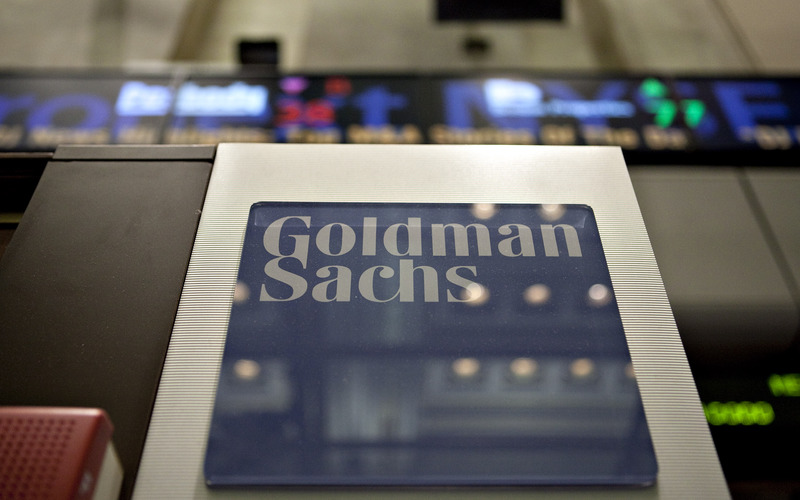
Need a small personal loan to cover medical bills or a roof repair? Better have near-perfect credit and income that doesn’t say “fixed.” Banks have been tightening their lending standards across the board, especially for unsecured loans. That’s left many fixed-income individuals in a bind: they have stable money coming in, just not high income, and that can mean being denied altogether.
Per NerdWallet, even long-time customers with spotless histories are now finding it harder to qualify. Banks are more risk-averse in this interest rate climate, and fixed-income households get lumped into the “low growth” category. So while you might be financially responsible, the system still reads you as a risk. And for people who don’t want to rack up credit card debt but need flexibility? It’s a lose-lose. The result: more seniors turning to high-interest credit or dipping into savings to cover basic needs. That’s not sustainable—and it’s definitely not how retirement was supposed to feel.
6. Increased Delays in Check Clearing
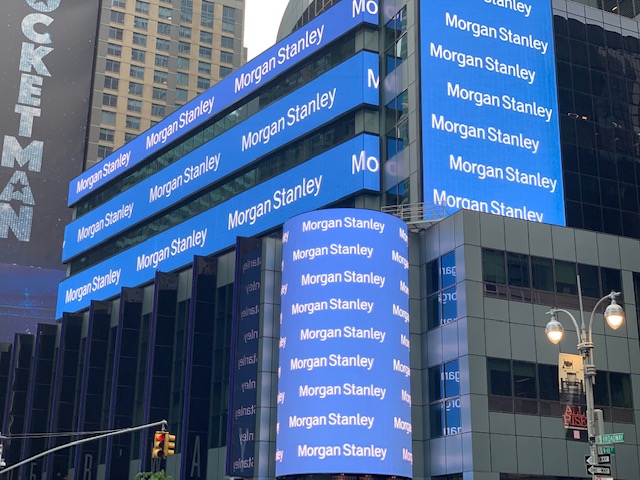
Remember when depositing a paper check meant it would clear in, like, a day? Yeah, not anymore. Many banks are quietly extending their clearing times, especially for mobile deposits or non-recurring checks. That’s a big deal when you’re on a fixed income and counting on every dollar hitting on time. If your pension or a refund lands via check, delays can snowball into overdrafts, missed bills, or bounced payments.
Banks say it’s about “fraud prevention,” but let’s be honest—it also keeps your money in their hands longer. And if you’re not paying close attention, you could think your balance is higher than it is. That $1,200 check sitting in “pending” limbo doesn’t help when your utilities are auto-drafting today. It’s one of those quiet policies that hits hardest when you’re already tight on cash. For fixed-income retirees? It feels more like a cash flow booby trap.
7. Branch Closures in Low-Income Areas
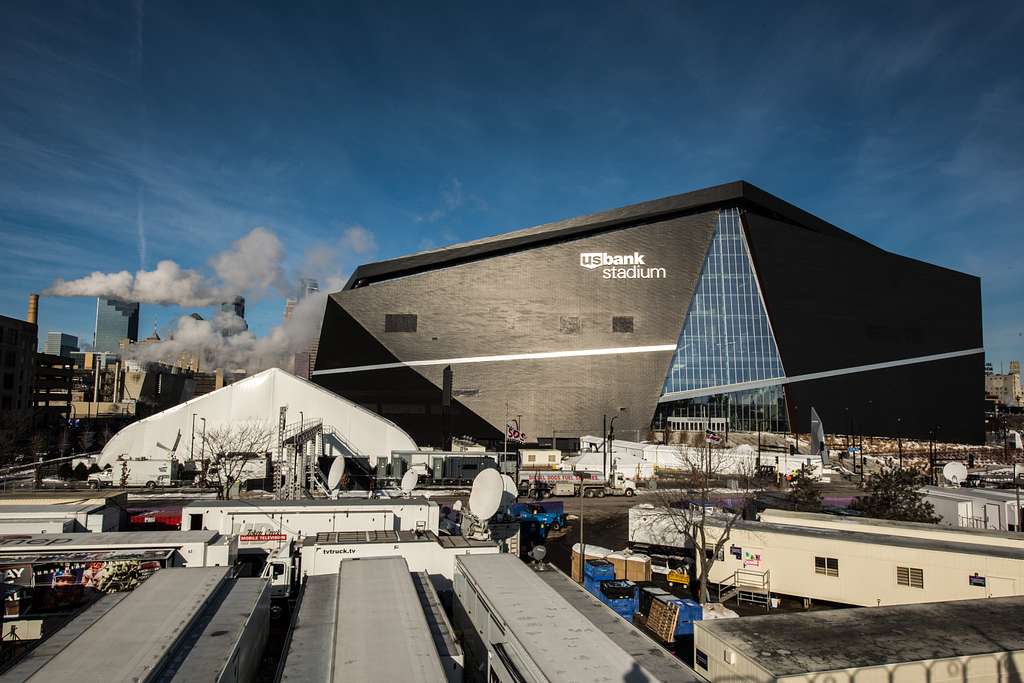
Banks have been shutting down physical branches left and right—and spoiler alert: they’re not closing the ones in wealthy neighborhoods. It’s disproportionately hitting rural and lower-income areas, where retirees are more likely to rely on face-to-face banking. No more teller to help you sort out a weird charge. No more quick check deposit at your local branch.
Now it’s “download our app” or “drive 45 minutes to the next nearest location.” That’s tough for people without smartphones, reliable internet, or transportation. It’s a digital-first shift that’s leaving older customers behind. Fixed-income folks are getting boxed into a system that assumes everyone is tech-savvy and always online. But not everyone wants to Zelle their grandkid or check their balance via face scan. Sometimes you just want a human—and that human is increasingly unavailable.
8. Debit Card Transaction Holds
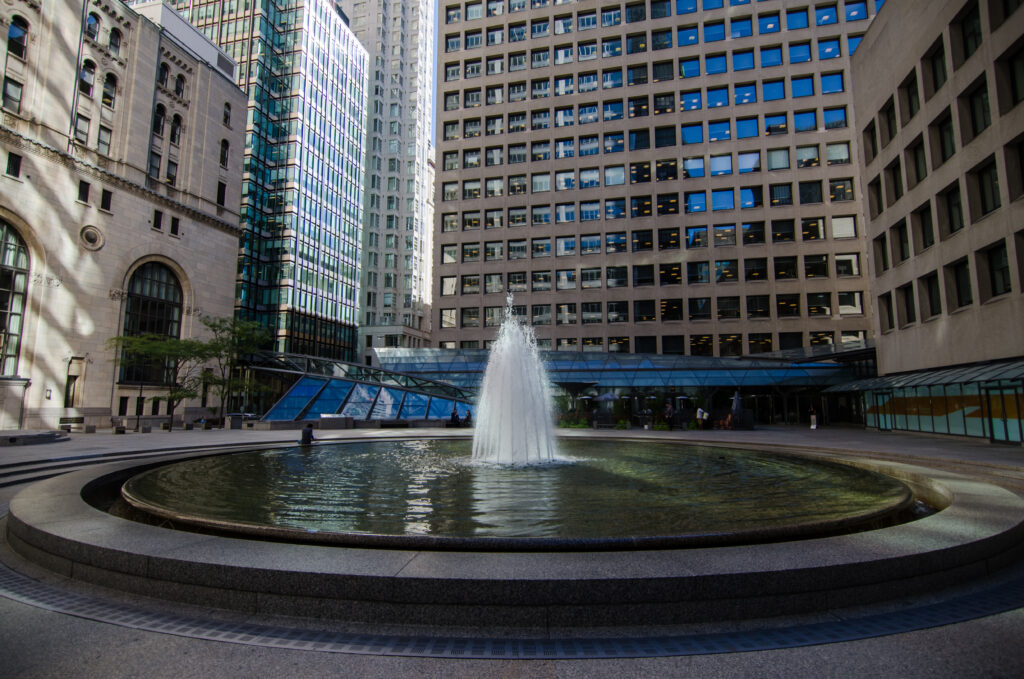
You know when you swipe your debit card at the gas pump, and suddenly $100 is frozen—even if you only got $35 worth of gas? That’s a pre-authorization hold. Banks and merchants love this system, but it’s a nightmare when you’re living on a fixed income. That temporary “pending” amount counts against your available balance, even though the final charge hasn’t cleared.
For someone trying to budget to the penny, it can create confusion—and worse, overdrafts. Hotels, rental cars, and even some grocery stores do this now, holding more than you actually spent. These holds can take days to lift, and in the meantime, your true balance is basically a guessing game. It’s not just frustrating—it’s financially risky. If your bills go out while half your money is “pending,” you’re in trouble. And good luck explaining that to your bank when they hit you with a fee.
9. Shrinking Rewards on Senior Checking Accounts
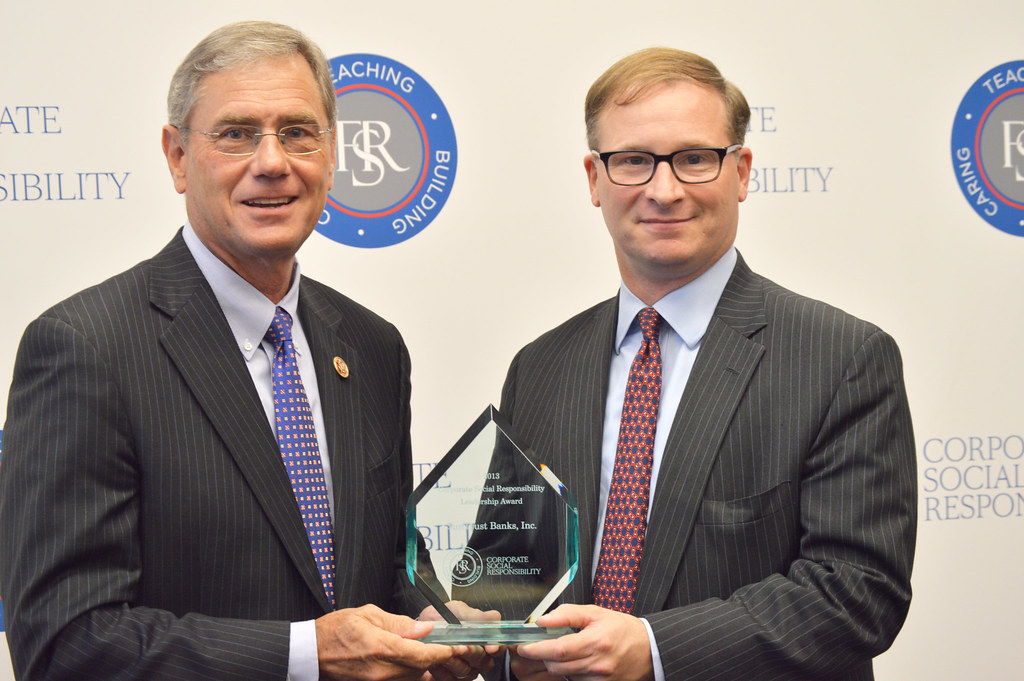
Senior checking accounts used to come with real perks—free checks, waived fees, better interest, maybe even a toaster if you signed up in person (RIP toasters). But lately, banks have been quietly trimming those benefits or cutting them altogether. Now the “senior” checking account looks suspiciously like the basic one… except with a name that makes it sound like a perk.
Free paper statements? Gone. Better interest rates? Don’t count on it. Instead, banks are pushing seniors toward digital tools and “self-service” models—which doesn’t help if you’re not tech-savvy. Many fixed-income folks opened these accounts decades ago, assuming the perks were locked in. But banks have shifted the fine print. You end up getting less, paying more, and wondering when “preferred customer” started meaning “quietly phased out.”
10. Credit Score Penalties for Low Utilization or No Debt

It used to be simple: have less debt, get a better credit score. But now? Some retirees are seeing their scores drop because they’re not using enough credit. It’s the “thin file” penalty—if you’re not borrowing and repaying actively, the credit system assumes you’re less reliable. Even if you’ve paid off your mortgage and haven’t carried a balance in years.
This is frustrating for fixed-income folks who’ve worked hard to stay debt-free. They’re now being punished for doing exactly what financial advisors told them to. It also makes it harder to qualify for loans or low-interest cards if you ever need them. Banks want to see activity, not just history. And ironically, it means the best savers get treated like financial ghosts. Which feels backward… because it is.
11. Fees for In-Person Transactions
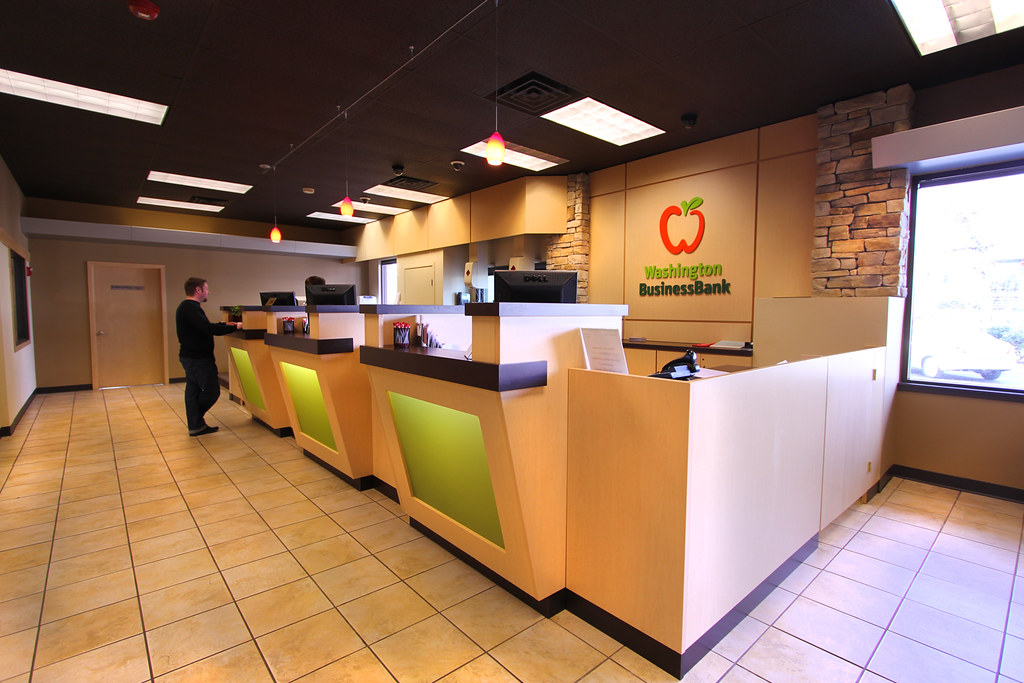
Want to speak to a teller instead of using the app? That’ll be $3, please. Yes, some banks are now charging small—but annoying—fees for in-person transactions. Whether it’s a withdrawal, deposit, or account inquiry, you might pay just for the privilege of not being a robot. For fixed-income customers, this is especially frustrating.
Many retirees prefer in-person banking because it’s easier, more secure, and less confusing than navigating an app interface with 12 drop-down menus. But banks are nudging (read: financially shoving) customers toward digital-only service. It’s cost-cutting for them, but costly for you. And it disproportionately impacts people who aren’t comfortable banking online—aka a large chunk of fixed-income retirees. Want to talk to a human? Better bring your debit card and a few bucks extra.
12. Reduced Grace Periods on Bill Payments
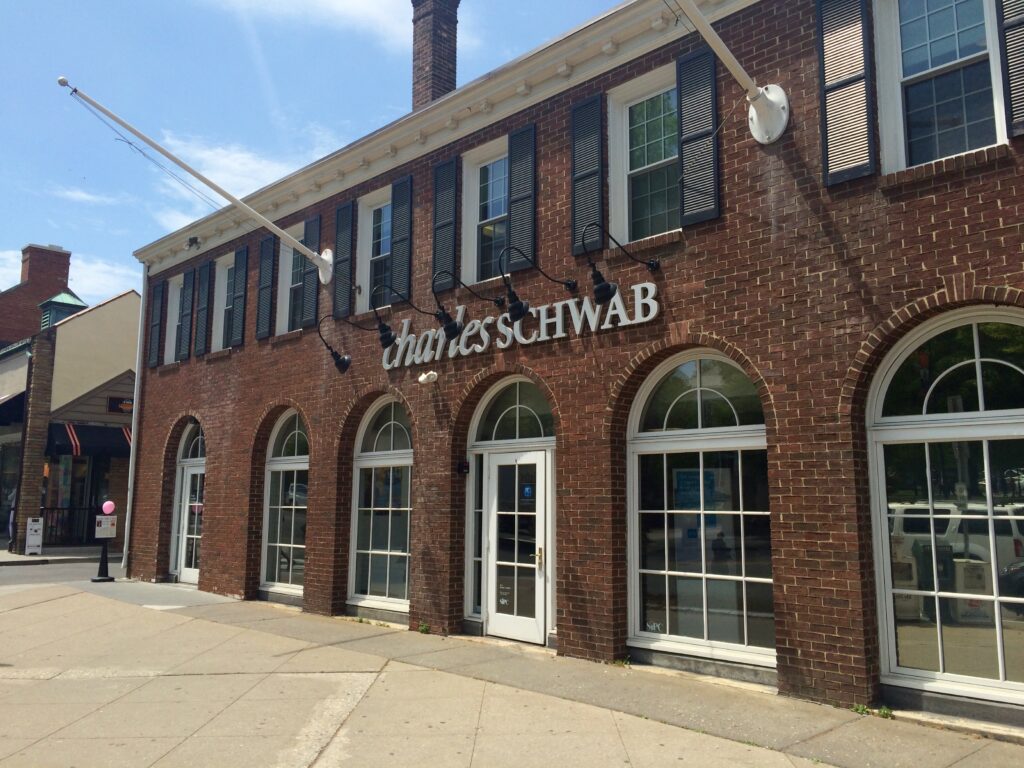
Missed a bill by a day? That used to be annoying. Now it can be expensive. Banks and credit issuers have quietly shortened their grace periods, meaning you have less time between your due date and a late fee. That’s a major problem for fixed-income folks who rely on precise timing between deposits and bills.
If your Social Security lands on the 3rd and your credit card is due on the 1st, you’re stuck. Add in weekends or banking holidays, and your entire system gets thrown off. Even one late fee can snowball into higher interest charges or hits to your credit score. Grace periods used to be a cushion—now they’re disappearing like your free checking perks. It’s another example of banks creating profit off timing, not service. And when you’re on fixed income, timing is everything.
13. Limits on Free ATM Usage
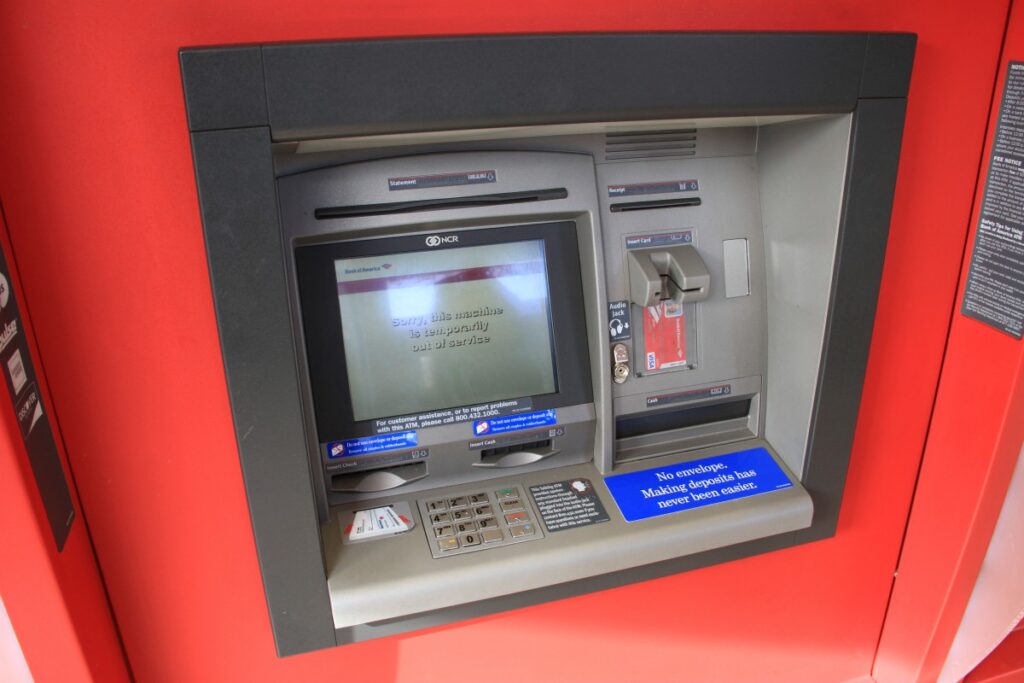
There was a time when you could hit your bank’s ATM as often as you liked—no judgment, no fees. Not anymore. Banks are putting hard limits on how many free ATM withdrawals you get per month, even at in-network machines. Once you pass that cap? Cue the $3–$5 fees per transaction.
This hits retirees especially hard if they prefer to manage their budget with cash. Whether it’s weekly grocery runs or splitting bills with friends, cash is still king for a lot of fixed-income households. And since not everyone lives near their bank’s physical ATMs, you could rack up fees just by accessing your own money. It’s a subtle way banks chip away at your nest egg, one withdrawal at a time. So now the question isn’t “Where’s the nearest ATM?”—it’s “How much will this cost me?”
This article is for informational purposes only and should not be construed as financial advice. Consult a financial professional before making investment or other financial decisions. The author and publisher make no warranties of any kind.









